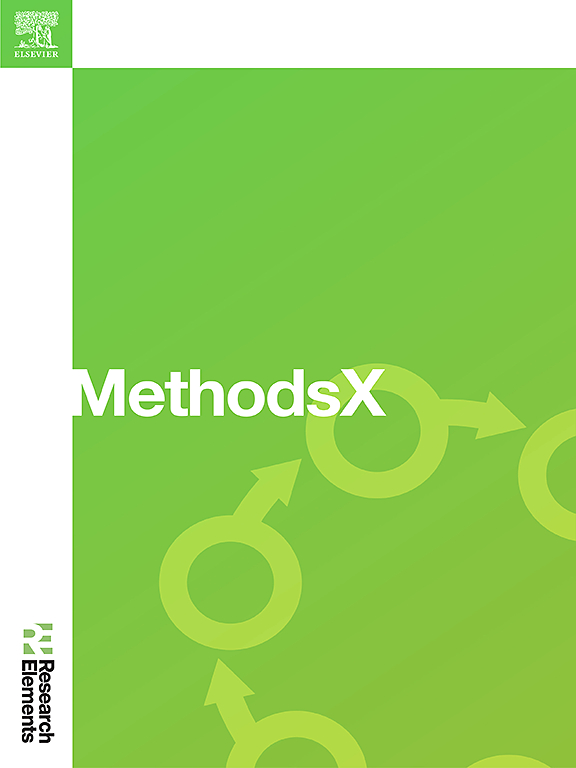Hybrid genetic algorithms-driven optimization of machine learning models for heart disease prediction
IF 1.9
Q2 MULTIDISCIPLINARY SCIENCES
引用次数: 0
Abstract
Machine learning (ML) models, such as K-Nearest Neighbor (KNN) and Support Vector Machine (SVM), play a vital role in predicting heart disease. However, their performance is often limited by poor hyperparameter selection. This study presents a novel hybrid approach that uses a Genetic Algorithm (GA) to systematically optimize the hyperparameters of KNN and SVM models, leading to improved classification outcomes. The optimization driven by the GA resulted in significant performance improvements, increasing the classification accuracy of KNN to 95.38 % and SVM to 90 %. Furthermore, there were significant improvements in precision, recall, and F-score. Our findings demonstrate that GA-based hyperparameter tuning is an effective strategy for improving the predictive power and clinical relevance of ML models used for heart disease classification.
- •GA Driven Optimization: Genetic algorithm was utilized to fine-tune the hyperparameters of K-Nearest Neighbour (KNN) and Support Vector Machine (SVM) classifiers for improved performance.
- •Significant Performance Gains: The optimization process aimed to maximize classification across metrics such as accuracy, precision, recall, and F-score.
- •Improved Accuracy: The GA-based tuning significantly increased the classification accuracy, improving KNN to 95.38 % and SVM to 90 %.

混合遗传算法驱动的心脏疾病预测机器学习模型优化
机器学习(ML)模型,如k -最近邻(KNN)和支持向量机(SVM),在预测心脏病方面发挥着至关重要的作用。然而,它们的性能往往受到超参数选择不良的限制。本研究提出了一种新的混合方法,使用遗传算法(GA)系统地优化KNN和SVM模型的超参数,从而提高分类结果。在遗传算法的驱动下,KNN的分类准确率提高到95.38%,SVM的分类准确率提高到90%。此外,在准确率、召回率和f得分方面也有显著提高。我们的研究结果表明,基于ga的超参数调整是一种有效的策略,可以提高用于心脏病分类的ML模型的预测能力和临床相关性。•遗传算法驱动优化:利用遗传算法对k近邻(KNN)和支持向量机(SVM)分类器的超参数进行微调,以提高性能。•显著的性能提升:优化过程旨在最大限度地提高准确率、精密度、召回率和f分等指标的分类。•提高准确率:基于ga的调优显著提高了分类准确率,KNN提高到95.38%,SVM提高到90%。
本文章由计算机程序翻译,如有差异,请以英文原文为准。
求助全文
约1分钟内获得全文
求助全文
来源期刊

MethodsX
Health Professions-Medical Laboratory Technology
CiteScore
3.60
自引率
5.30%
发文量
314
审稿时长
7 weeks
期刊介绍:
 求助内容:
求助内容: 应助结果提醒方式:
应助结果提醒方式:


